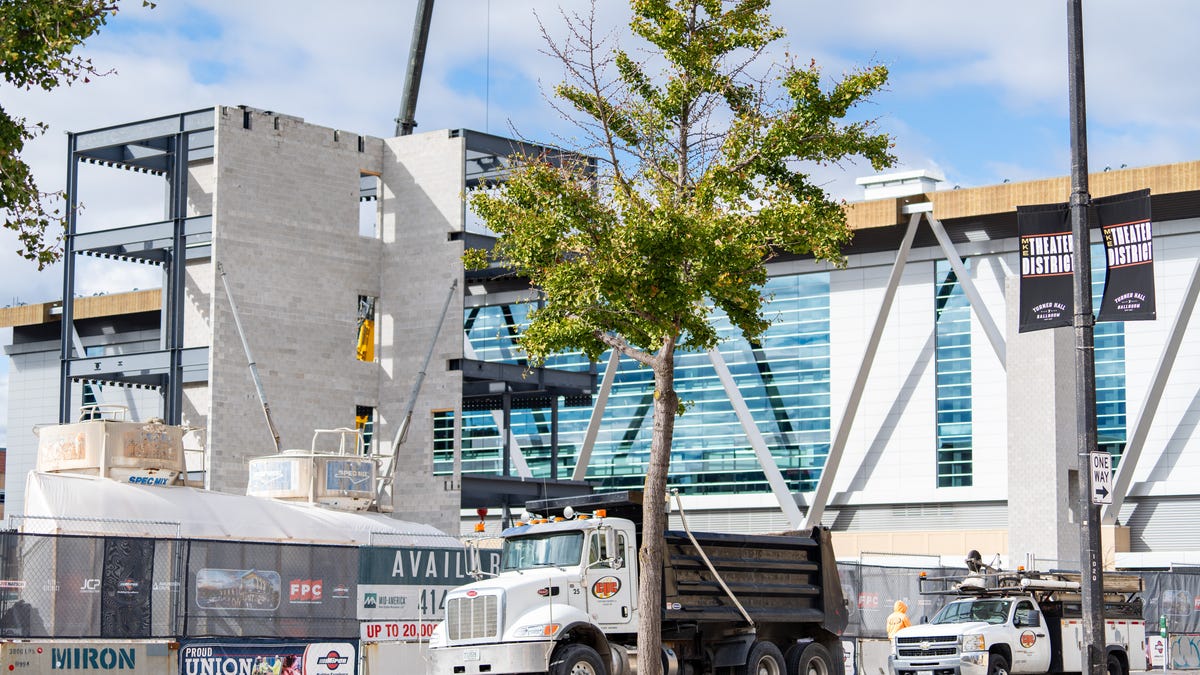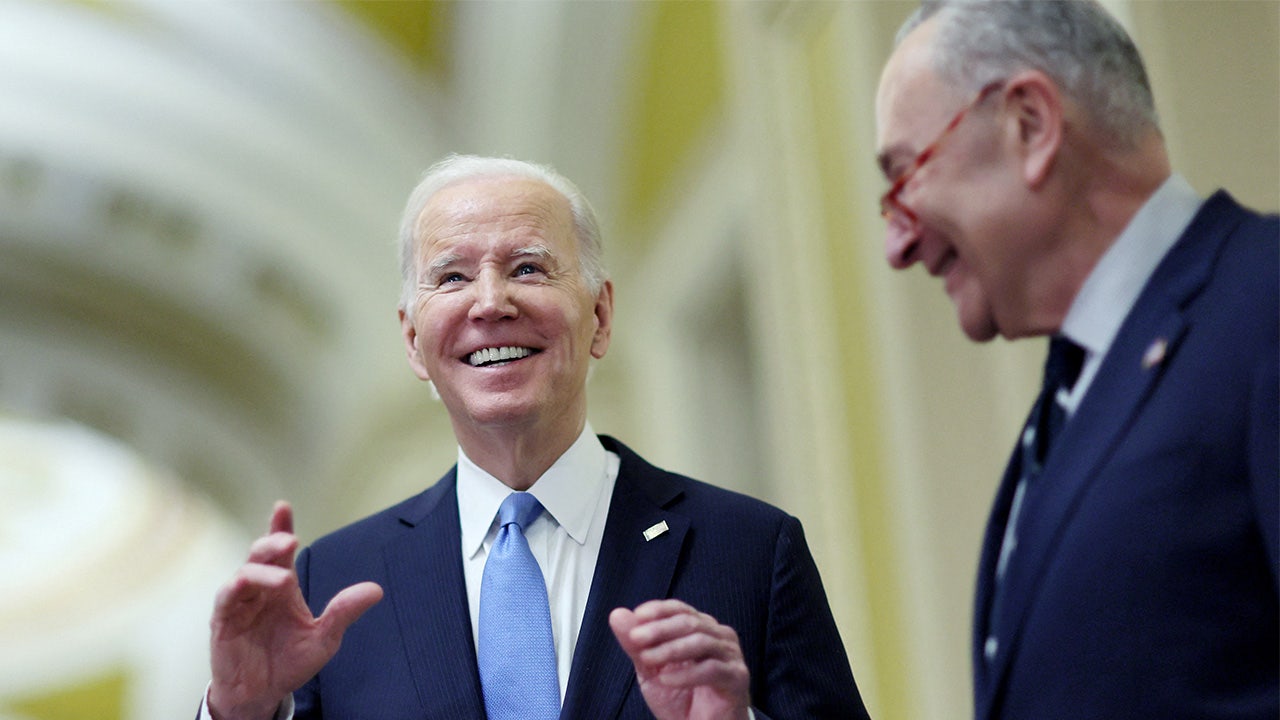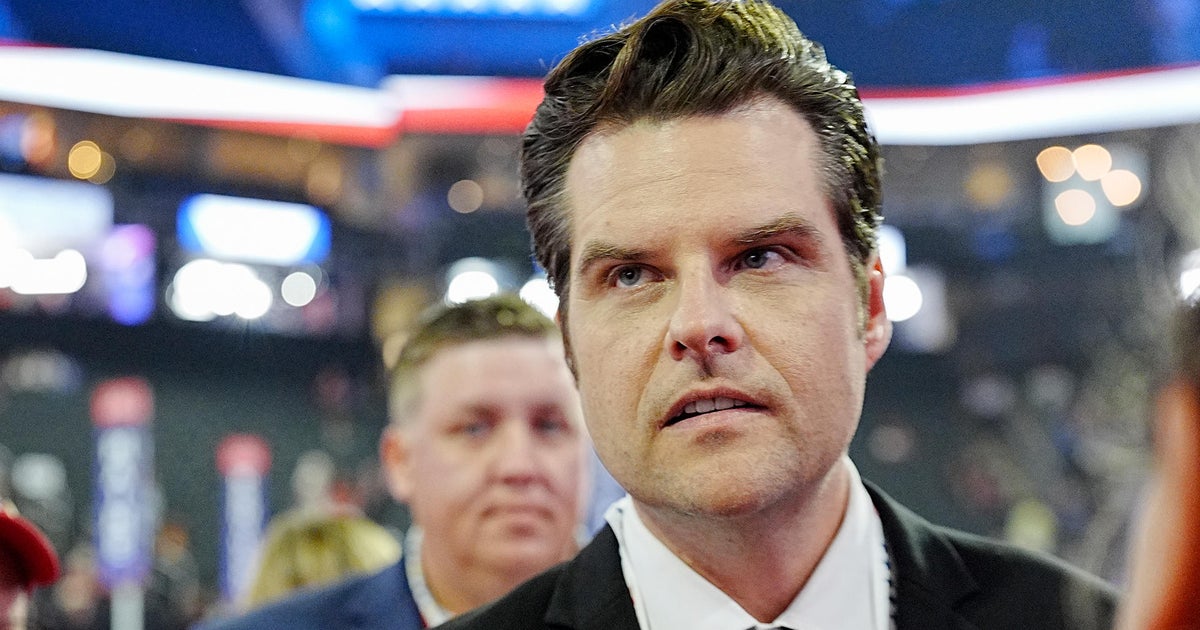World
Singapore’s death row ‘main element of its drug policy’
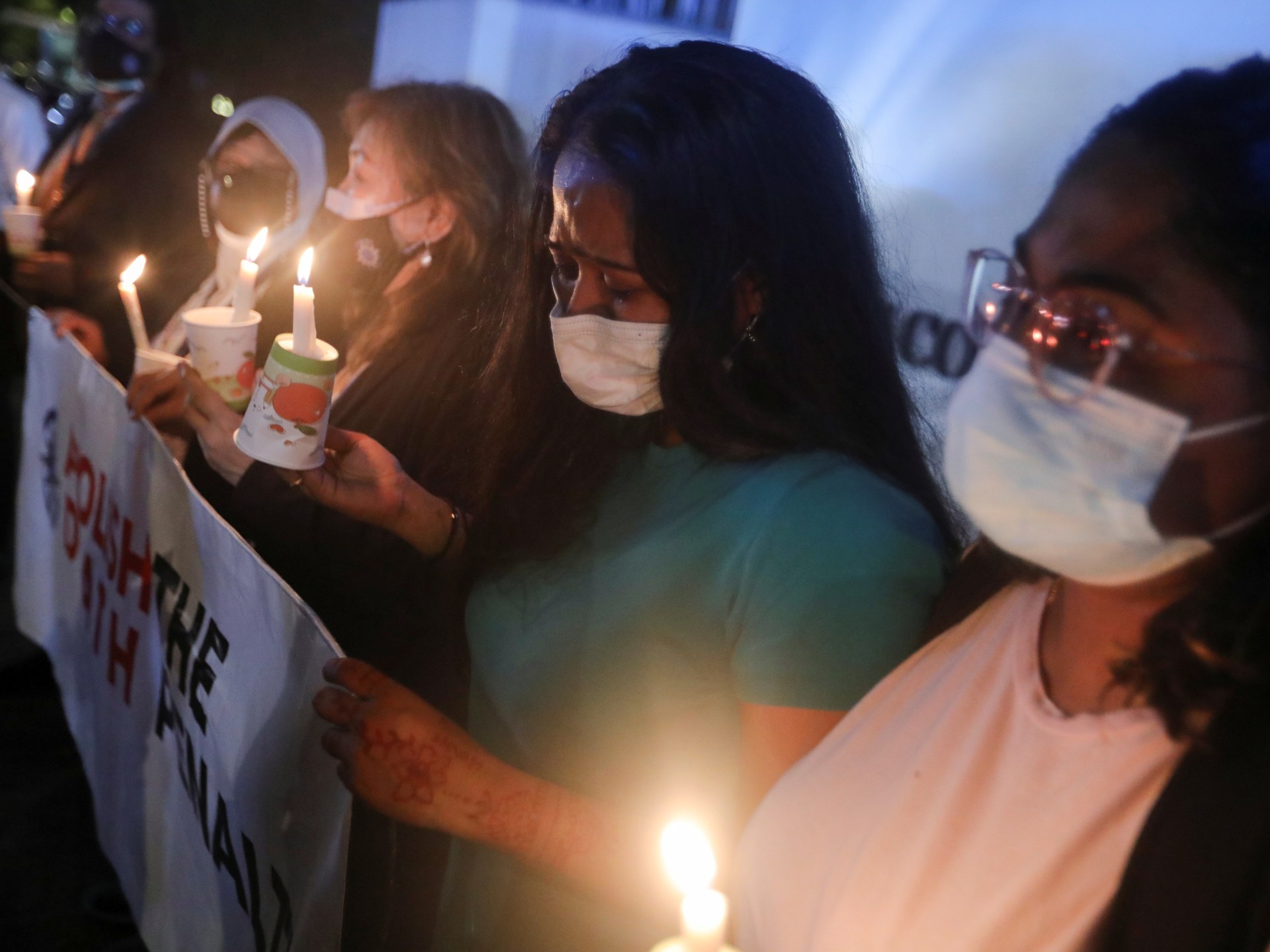
Singapore’s use of the death penalty was once again thrust into the global spotlight last month when Tangaraju Suppiah became the first person to be executed in the city-state this year.
His case centred on the trafficking of just more than 1kg of cannabis and made headlines around the world, with some expressing surprise at Singapore’s still strict approach to drugs.
Last year, 11 men are known to have been hanged by the state. Singapore’s prison authorities do not report details of these cases, so information is gathered via families of prisoners or campaign groups.
One such organisation, the Transformative Justice Collective (TJC), believes that there are currently 54 people on death row in Singapore, with all but three of them sentenced to death for drug-related offences.
“It shows that the Singapore government is very committed to the death penalty being the main element of its drug policy”, said Sara Kowal, vice president of the Capital Punishment Justice Project in Australia.
Human rights experts from the United Nations have also pointed to the number of death row prisoners who are from ethnic minorities, saying: “a disproportionate number of minority persons were being sentenced to the mandatory death penalty in Singapore”.
Research from the TJC found that almost two-thirds of the offenders handed the death penalty for drug offences between 2010 and 2021 were of Malay ethnicity, a minority in the city-state.
Al Jazeera contacted Singapore’s Ministry of Home Affairs for comment, but they did not respond.
They have said previously that the country’s “criminal laws and procedures apply equally to all, regardless of background – race, nationality, education level or financial status”.
The Ministry has also defended the use of the death penalty, arguing that capital punishment is “an essential component of Singapore’s criminal justice system and has been effective in keeping Singapore safe and secure”.
Despite international pressure, the city-state has shown little appetite for softening its tough drugs laws, and campaigners this week said they had been alerted to the hanging — scheduled for May 17 — of an inmate convicted of trafficking cannabis.
The UN says that, if retained, the death penalty should only be used for the most serious crime and that drug offences do not reach that threshold.
But the latest report on the use of the death penalty in 2022 has found that the number of global executions for drug-related offences more than doubled last year compared with 2021.
The prisoners profiled below are some of those living on death row in Singapore after being found guilty of drug charges.
Pannir Selvam Pranthaman
Pannir was 27 years old when he was arrested in 2014 at the Woodlands border checkpoint in the island’s north, which separates Malaysia and Singapore.
Inspection officers found small bags of drugs strapped to his groin and stuffed into the backseat compartment of his motorbike.
He was arrested and charged with smuggling 51g of diamorphine (heroin). Under Singapore law, anybody found with more than 2g of diamorphine is presumed to have that drug for the purposes of trafficking.
Three years after his arrest, Pannir was sentenced to death.
Pannir, a musician from the northwestern Malaysian city of Ipoh, has fought continuously for his execution to be halted, supported by his family who have set up a website and started a petition for his freedom.
They have also shared the songs and poems Pannir has written while on death row in the hope of raising awareness of his plight.
In May 2019, their worst fears were realised when Pannir was given a date for his execution.
“Before this, he had never been accused or convicted of any crime. The news of his death sentence came as a complete shock to our family, and devastated us,” Pannir’s family wrote in the petition.
Pannir filed a last-ditch criminal motion to try and stay alive. He was set to represent himself in court, but two lawyers unexpectedly agreed to take on his case.
On the eve of his execution, Pannir was granted a reprieve by the Court of Appeal after he said he planned a legal challenge to the president’s rejection of his appeal for clemency.
His family say his experience on death row in Changi Prison has transformed him, that he feels “deep remorse” for his actions, and that he now wants the chance to educate others on the risks of drug abuse.
For now, Pannir’s fate remains in the hands of the legal system. He is part of a group civil litigation suit against the Singapore Prison Service over private letters being released to the Attorney-General’s Chambers.
That case was recently adjourned for 10 weeks, granting Pannir more time.
Syed Suhail bin Syed Zin
Syed Suhail bin Syed Zin was arrested in Singapore in August 2011. He was 35 at the time.
The Singaporean was convicted in 2015 for possessing 38g of diamorphine for trafficking. He was sentenced to death a year later.
Like Pannir, Syed has previously been assigned a date for his hanging. He was also given a stay of execution with just a day to spare.
He learned of the date of his execution in September 2020, when Singapore’s borders were closed because of the COVID-19 pandemic.
It meant many of Syed’s close relatives in Malaysia were unable to visit him. He reflected on this in a letter to his lawyer just three days before he was scheduled to hang.
“The insensitivity and the entirely new level of cruelty that decision makers have decided to unleash, is felt more so by my loved ones, even though it is directed at me”, he wrote.
Syed’s sister, Sharmila, shared another letter that she had received from her brother in April 2022.
“The harshness and cruelty that some have claimed is just, is not. Two wrongs do not make a right. In the end, there is only a legacy of bloodshed that posterity may not even want on their hands anymore,” he wrote.
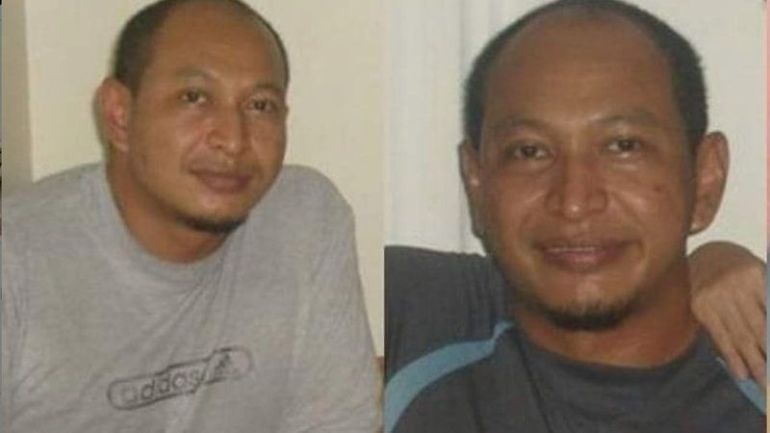
Syed is now part of the same civil litigation as Pannir. His execution has also been stayed as he awaits the outcome of that case.
Saridewi Djamani
Saridewi Djamani is one of only two women understood to be on death row, according to the TJC.
“Because we are not as closely connected to the families of women on death row, and because the women are held separately from the men, we don’t get a lot of information coming to us about their conditions and treatment”, Kirsten Han, a Singaporean who campaigns against the death penalty, told Al Jazeera.
A drug user, Saridewi was 40 years old when she was sentenced to death in 2018.
She was charged with possessing just more than 1kg of “powdery substance”, which included 30g of diamorphine, for the purpose of trafficking.
Her case centres around events that took place at her apartment in Singapore in June 2016.
It was there that prosecutors say she met a Malaysian man who gave her a plastic bag of drugs in exchange for envelopes which contained at least 10,050 Singapore dollars ($7,526) in cash. The court documents show the man had an additional envelope containing 5,500 Singapore dollars ($4,119) when he was caught.
Police officers arrived at Saridewi’s flat shortly after. The investigators alleged that when she heard them arriving, she immediately started throwing the drugs out of her kitchen window.
It was only afterwards that she let the officers into the apartment where they arrested her following a search of the flat and its surroundings, they said.
Local media reported that Saridewi claimed she was stocking up on heroin for Ramadan, the Muslim fasting month, because she thought she might need to take more of the drug.
The court dismissed her defence and court documents show that a further appeal was unsuccessful.
Little else is known about Saridewi, and none of her family have come forward to publicise her case.
Datchinamurthy Kataiah
Datchinamurthy was 25 when he was caught with almost 45g of diamorphine at the Woodlands Checkpoint.
With his three sisters, he grew up in Johor Bahru, a Malaysian border town home to many who commute daily to Singapore for work. He was heading from there into Singapore when he was arrested.
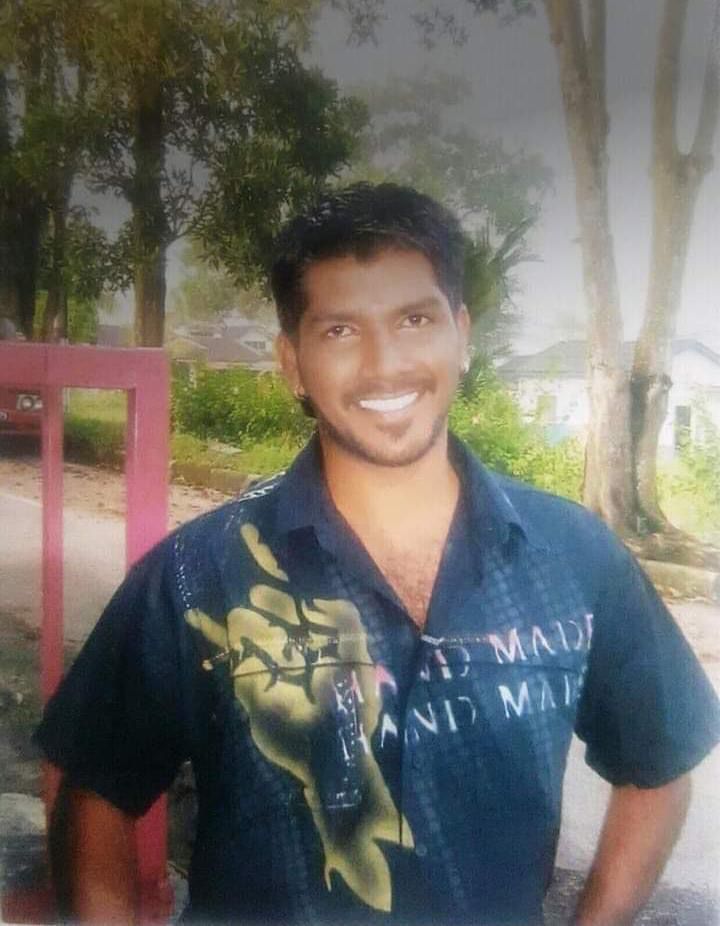
Datchinamurthy was sentenced to death in 2015 and failed in an appeal a year later. In his defence, Datchinamurthy claimed he thought the drugs were Chinese medicines.
In April 2022, he was notified of his impending execution. Datchinamurthy was set to be hanged just two days after fellow Malaysian Nagaenthran Dharmalingam was executed.
Nagaenthran’s case had sparked international condemnation of Singapore, after he was found to have an IQ of 69, suggesting an intellectual disability.
On the eve of his scheduled execution, Datchinamurthy had to represent himself during an appeal hearing, as his family were unable to secure legal counsel.
Despite this, Datchinamurthy won. He is also part of the civil litigation case along with Syed and Pannir. The court ruled that he should be granted a stay of execution while that case makes its way through the courts.
Just days before that dramatic last-minute appeal, words from Datchinamurthy’s mother were read out at a rare protest against the death penalty in Singapore.
“These are our children, birthed from our bodies, and you won’t let us touch them”, read TJC’s Kokila Annamalai on behalf of Lakshmi Amma.
Her words reference how families can only see relatives on death row behind a glass panel, with no contact allowed.
Masoud Rahimi Mehrzad
Masoud Rahimi Mehrzad was arrested for drug offences in May 2010. He was 20 at the time — young enough to still be serving compulsory National Service in Singapore.
Driving a rented sports car to Bishan MRT station in the heart of the island, he was tailed by police officers.
At the station, Masoud met a Malaysian man who got out of his own car and climbed into Masoud’s Mazda RX8. Shortly afterwards, the pair parted ways but both were arrested later at separate locations.
Officers searched Masoud’s car and found drugs, some of which were in a bag branded with Mickey Mouse. He was charged with the possession of 31g of diamorphine for the purposes of trafficking and faced the same charge for 77g of methamphetamine (crystal meth).
According to court documents, Masoud told police that he was suffering from post-traumatic stress disorder and anxiety.
Masoud also claimed that the drugs were planted in his car by an illegal money-lending syndicate after he told them he no longer wanted to work for them.
The High Court rejected this defence and Masoud was convicted.
Like many prisoners on death row, little more is known about his situation.
In 2021, Masoud’s sister signed a public letter calling on Singapore’s President Halimah Yacob to abolish the death penalty.
A year later, he was among a group of death row inmates trying to find out more about whether their private letters had been passed to the Attorney General. Unlike Pannir, Masoud’s case was dismissed.

World
Jon Hamm’s Your Friends & Neighbors Renewed at Apple TV+ Ahead of Series Premiere — Get Release Date

ad
World
Israel keeping its ‘eyes open’ for Iranian attacks during Trump transition period, ambassador says
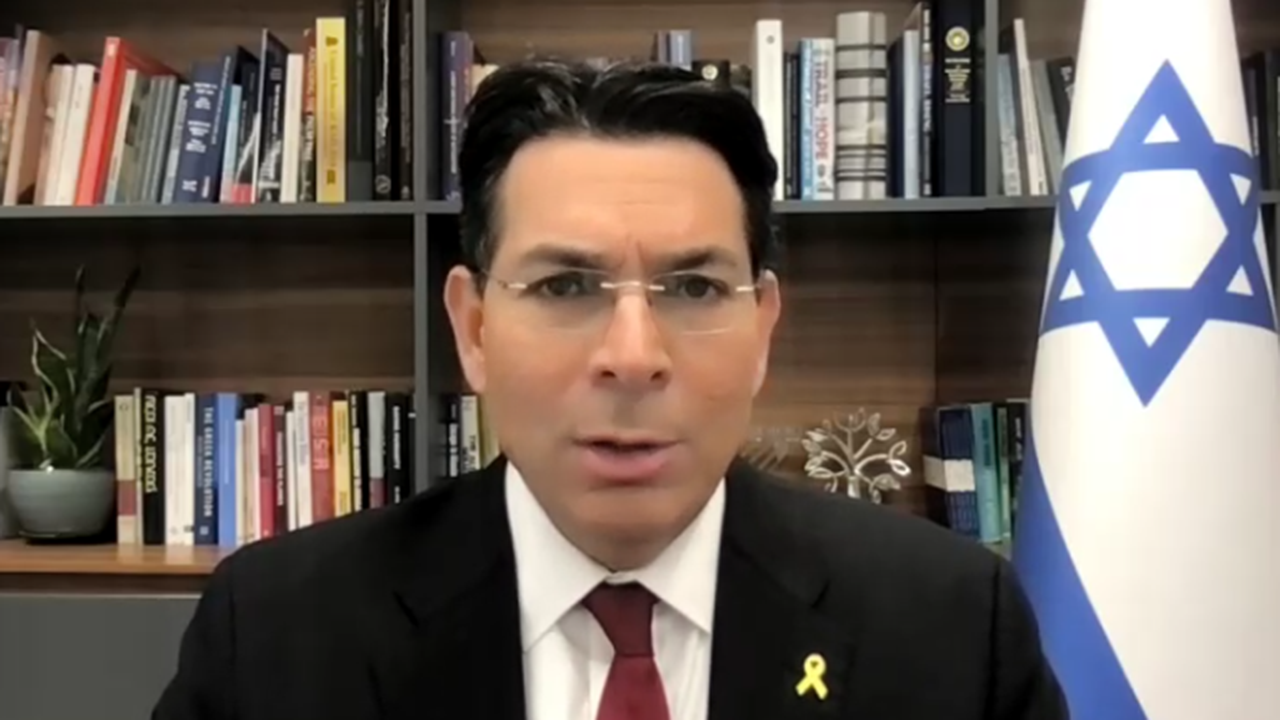
Israel’s U.N. Ambassador Danny Danon tells Fox News Digital that his country is keeping its “eyes open” for any potential aggression from Iran during the Trump transition period, adding it would be a “mistake” for the Islamic Republic to carry out an attack.
The comments come after Iranian Foreign Minister Abbas Araghchi vowed earlier this week that Iran would retaliate against Israel for the strategic airstrikes it carried out against Tehran on Oct. 26. Araghchi was quoted in Iranian media saying “we have not given up our right to react, and we will react in our time and in the way we see fit.”
“I would advise him not to challenge us. We have already shown our capabilities. We have proved that they are vulnerable. We can actually target any location in Iran. They know that,” Danon told Fox News Digital.
“So I would advise them not to make that mistake. If they think that now, because of the transition period, they can take advantage of it, they are wrong,” he added. “We are keeping our eyes open and we are ready for all scenarios.”
ICC REJECTS ISRAELI APPEALS, ISSUES ARREST WARRANTS FOR BENJAMIN NETANYAHU, YOAV GALLANT
Israel’s U.N. Ambassador Danny Danon tells Fox News Digital that his country is “ready for all scenarios” coming from Iran during the Trump transition period. (Fox News)
Danon says he believes one of the most important challenges for the incoming Trump administration will be the way the U.S. deals with Iran.
“Regarding the new administration, I think the most important challenge will be the way you challenge Iran, the aggression, the threat of the Iranian regime. I believe that the U.S. will have to go back to a leading position on this issue,” he told Fox News Digital.
“We are fighting the same enemies, the enemies of the United States of America. When you look at the Iranians, the Houthis, Hezbollah, Hamas, all those bad actors that are coming against Israel… that is the enemy of the United States. So I think every American should support us and understand what we are doing now,” Danon also said.
IRAN HIDING MISSILE, DRONE PROGRAMS UNDER GUISE OF COMMERCIAL FRONT TO EVADE SANCTIONS

Rep. Elise Stefanik, R-N.Y., is acknowledged by President-elect Donald Trump alongside Speaker of the House Mike Johnson during a meeting with House Republicans at the Hyatt Regency hotel in Washington, D.C., on Nov. 13, 2024. Stefanik has been chosen by President-elect Donald Trump as the next U.S. ambassador to the United Nations. (Allison Robbert/Pool via REUTERS)
Danon spoke as the U.S. vetoed a draft resolution against Israel at the U.N. Security Council on Wednesday.
The resolution, which was overseen by Algeria, sought an “immediate, unconditional and permanent cease-fire” to be imposed on Israel. The resolution did not guarantee the release of the hostages still being held by Hamas within Gaza.
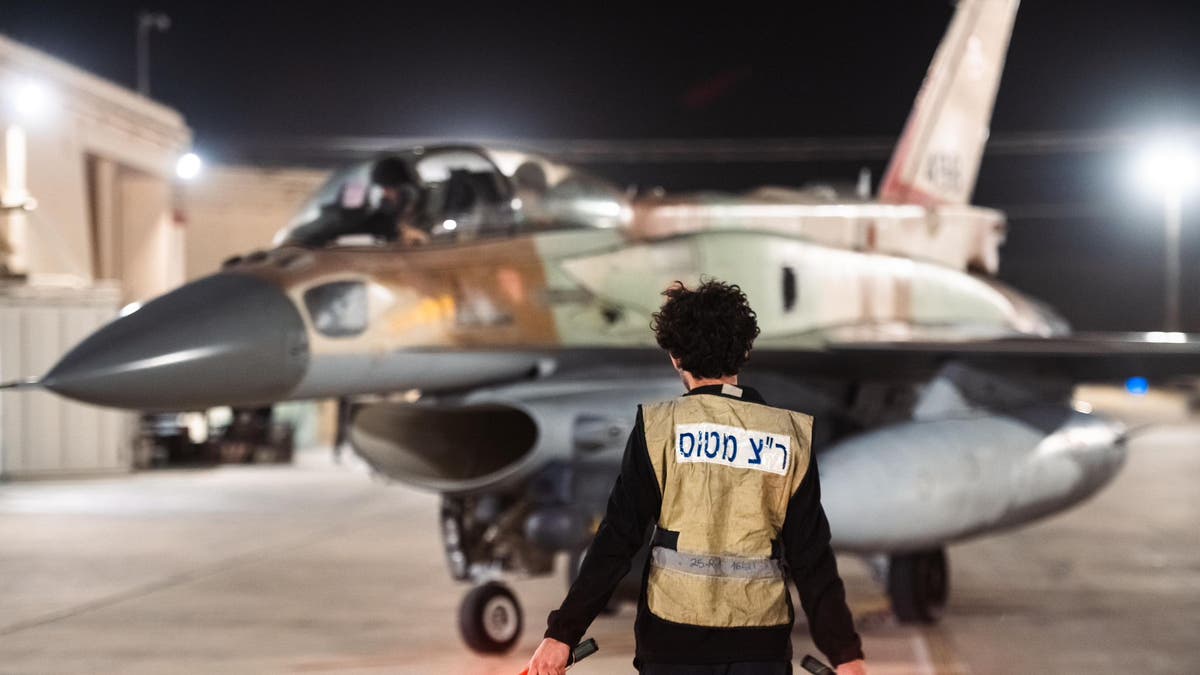
Israeli Air Force planes departing for the strikes in Iran on Oct. 26. (IDF Spokesman’s Unit)
“It was a shameful resolution because… it didn’t have the linkage between the cease-fire and the call [for] the release of the hostages. And I want to thank the United States for taking a strong position and vetoing this resolution,” Danon said. “I think it sent a very clear message that the U.S. stands with its strongest ally with Israel. And, you know, it was shameful, too, to hear the voices of so many ambassadors speaking about a cease-fire but abandoning the 101 hostages. We will not forget them. We will never abandon them. We will continue to fight until we bring all of them back home.”
Fox News’ Benjamin Weinthal contributed to this report.
World
Fact-check: What do we know about Russia’s nuclear arsenal?

Moscow has lowered the bar for using nuclear weapons and fired a missile capable of carrying a nuclear warhead into Ukraine, heightening tensions with the West.
Russia’s nuclear arsenal is under fresh scrutiny after an intermediate-range ballistic missile capable of carrying an atomic warhead was fired into Ukrainian territory.
President Vladimir Putin says the unprecedented attack using the so-called “Oreshnik” missile is a direct response to Ukraine’s use of US and UK-made missiles to strike targets deep in Russian territory.
He has also warned that the military facilities of Western countries allowing Ukraine to use their weapons to strike Russia could become targets.
The escalation comes days after the Russian President approved small but significant changes to his country’s nuclear doctrine, which would allow a nuclear response to a conventional, non-nuclear attack on Russian territory.
While Western officials, including US defence secretary Lloyd Austin, have dismissed the notion that Moscow’s use of nuclear weapons is imminent, experts warn that recent developments could increase the possibility of nuclear weapons use.
Here’s what we know about Russia’s inventory of atomic weapons.
How big is Russia’s nuclear arsenal?
Russia holds more nuclear warheads than any other nation at an estimated 5,580, which amounts to 47% of global stockpiles, according to data from the Federation of American Scientists (FAS).
But only an estimated 1,710 of those weapons are deployed, a fraction more than the 1,670 deployed by the US.
Both nations have the necessary nuclear might to destroy each other several times over, and considerably more atomic warheads than the world’s seven other nuclear nations: China, France, India, Israel, North Korea, Pakistan and the United Kingdom.
Of Moscow’s deployed weapons, an estimated 870 are on land-based ballistic missiles, 640 on submarine-launched ballistic missiles, and potentially 200 at heavy bomber bases.
According to FAS, there are no signs Russia is significantly scaling up its nuclear arsenal, but the federation does warn of a potential surge in the future as the country replaces single-warhead missiles with those capable of carrying multiple warheads.
Russia is also steadily modernising its nuclear arsenal.
What could trigger a Russian nuclear response?
Moscow’s previous 2020 doctrine stated that its nuclear weapons could be used in response to an attack using nuclear or other weapons of mass destruction “when the very existence of the state is put under threat.”
Now, the conditions under which a nuclear response could be launched have changed in three crucial ways:
- Russia will consider using nuclear weapons in the case of a strike on its territory using conventional weapons, such as cruise missiles, drones and tactical aircraft.
- It could launch a nuclear attack in response to an aggression by a non-nuclear state acting “with the participation or support of a nuclear state”, as is the case for Ukraine.
- Moscow will also apply the same conditions to an attack on Belarus’ territory, in agreement with President Lukashenko.
Is there a rising nuclear threat?
The size of the world’s nuclear stockpiles has rapidly decreased amid the post-Cold War détente. The Soviet Union had some 40,000 warheads, and the US around 30,000, when stockpiles peaked during the 1960s and 70s.
But FAS warns that while the overall number is still in decline, operational warheads are on the rise once again. More countries are also upgrading their missiles to deploy multiple warheads.
“In nearly all of the nuclear-armed states there are either plans or a significant push to increase nuclear forces,” Hans M. Kristensen, Director of the Nuclear Information Project at the Federation of American Scientists (FAS), said in June this year.
Is the West reacting?
When Putin approved the updated nuclear protocol last week, many Western leaders dismissed it as sabre rattling.
German Foreign Minister Annalena Baerbock said Germany and its partners would “not be intimidated” and accused Putin of “playing with our fear.”
But since Russia used a hypersonic ballistic missile capable of carrying a nuclear warhead in an attack on Dnipro, European leaders have raised the alarm.
“The last few dozen hours have shown that the threat is serious and real when it comes to global conflict,” Polish Prime Minister Donald Tusk said on Friday.
According to Dutch media reports, NATO’s secretary-general Mark Rutte is in Florida to urgently meet President-elect Donald Trump, potentially to discuss the recent escalation.
NATO and Ukraine will hold an extraordinary meeting in Brussels next Tuesday to discuss the situation and the possible allied reaction, according to Euronews sources.
-
Business1 week ago
Column: OpenAI just scored a huge victory in a copyright case … or did it?
-

 Health1 week ago
Health1 week agoBird flu leaves teen in critical condition after country's first reported case
-

 Business6 days ago
Business6 days agoColumn: Molly White's message for journalists going freelance — be ready for the pitfalls
-
World1 week ago
Sarah Palin, NY Times Have Explored Settlement, as Judge Sets Defamation Retrial
-

 Science3 days ago
Science3 days agoTrump nominates Dr. Oz to head Medicare and Medicaid and help take on 'illness industrial complex'
-

 Politics5 days ago
Politics5 days agoTrump taps FCC member Brendan Carr to lead agency: 'Warrior for Free Speech'
-
/cdn.vox-cdn.com/uploads/chorus_asset/file/25739950/247386_Elon_Musk_Open_AI_CVirginia.jpg)
/cdn.vox-cdn.com/uploads/chorus_asset/file/25739950/247386_Elon_Musk_Open_AI_CVirginia.jpg) Technology4 days ago
Technology4 days agoInside Elon Musk’s messy breakup with OpenAI
-

 Lifestyle5 days ago
Lifestyle5 days agoSome in the U.S. farm industry are alarmed by Trump's embrace of RFK Jr. and tariffs
